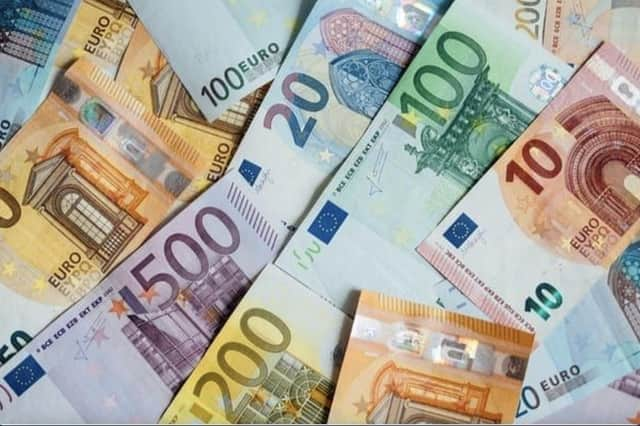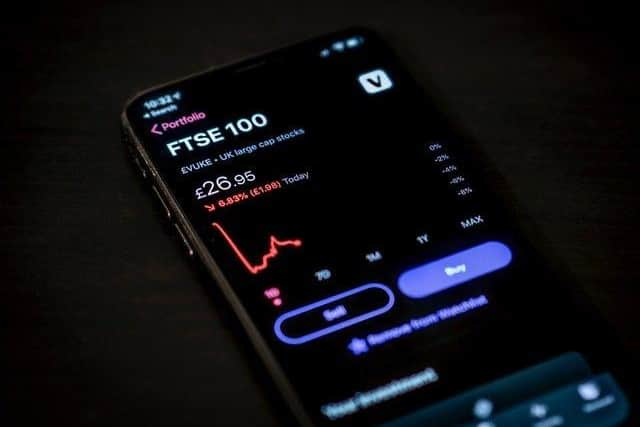Forex: How some UK companies use blockchain for trading


It is the latest hint that technology which underpins crypto assets is moving into more conventional activities, according to a recent Reuters report.
Distributed ledger technology (DLT) developer Baton Systems announced that two banks are using the platform to settle FX trades in less than three minutes, using real currency and real accounts.
Advertisement
Hide AdAdvertisement
Hide AdThis removes the use of CLS, a third-party bank extensively utilised in the market to settle FX trading, and it also reduces exposure to settlement risks because the contracts are settled directly between the two banks.


In order to protect against a trade going wrong, it is necessary to tie up money and liquidity for a shorter period in order to achieve faster settlement.
The benefits of using the blockchain in Forex trading
Block chain technology is being actively examined for use in fixed income and foreign exchange (FX) trading based on its success in the bitcoin market and some limited uses in other areas.
It is possible that the technology holds great promise in concept, but it will take time for block chain adoption to become ubiquitous amongst Forex brokers in the UK.
Advertisement
Hide AdAdvertisement
Hide AdIf you're familiar with the term blockchain, you'll know that it refers to a public or distributed ledger of information that is stored on top of the internet.
"The Internet 3.0" is another term used to describe the blockchain because the technology can be used to create social networks, messaging software games, exchanges storage platforms, voting systems, prediction markets and online businesses.
Since information may be stored in any form, it is possible to use blockchains for almost any purpose. However, the recording of data on the block chain network necessitates the approval of numerous nodes or devices.
Consensus between these nodes ensures that once a record has been generated, it cannot be contested, erased, or altered without the permission of the party who made the record, as well as the entire block chain community.
The impact of the blockchain on Forex trading
Advertisement
Hide AdAdvertisement
Hide AdChanges in forex trading are likely to occur as a result of the sell side's investment in blockchain technology, which presents new alpha opportunities for FX trading desks.
Decentralising record keeping and increasing the accessibility of data are both possible with the block chain's reliable, permanent way of recording information - be it transactions or currency prices - in the FX industry.
As one example of this, HSBC is now using blockchain technology in forex trading through its "FX Everywhere" system, a rare case of a major bank implementing the technology. HSBC's trading hubs in the Americas, Europe, and Asia-Pacific all use the platform to coordinate payments.
A "shared permissioned ledger" is a type of block chain that allows multiple parties to amend and update the ledger in real time.
Final Thoughts
Advertisement
Hide AdAdvertisement
Hide AdAs more and more technology is available to the FX markets, traders and brokers alike will face difficult questions about where and how to allocate resources, and whether the administrative burden of vendor management is preferable to building up capacity internally.
In order to stay ahead of the curve, trading organizations must provide the talent and resources needed to keep up with new trends and make constant investments in order to maintain their competitive advantage.